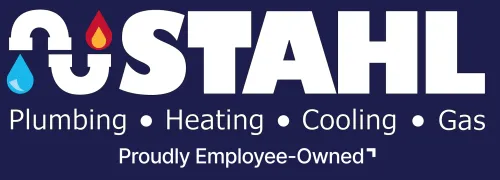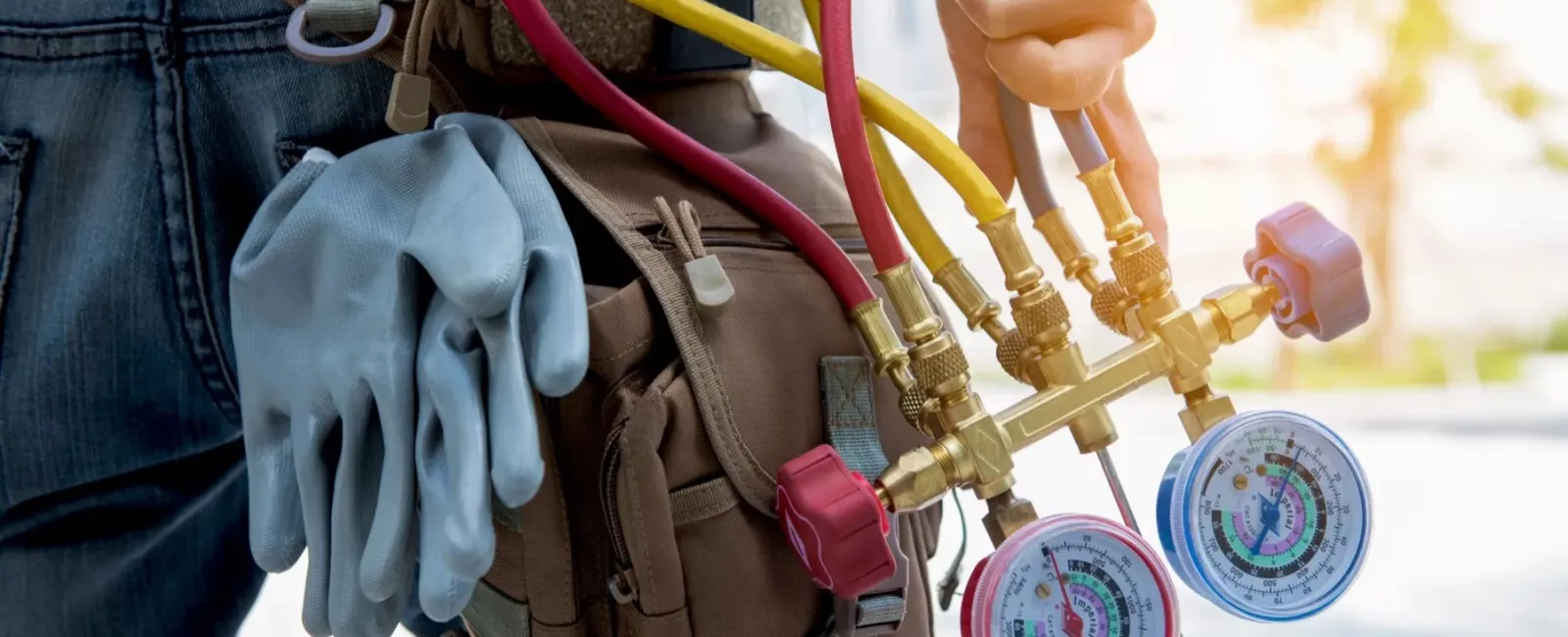Despite what the groundhog said, winter isn't over yet. You're still counting on your heating system to keep your house warm, especially on those chilly early mornings and downright cold nights. If you're using a boiler for home heating, you'll want to read today's post. In it, you'll find the most common boiler issues that drive calls forhome heating repair in Pittsburgh, PA. Paying attention to signs of boiler problems can save you from spending a cold night huddled under the covers.
 Cold Radiators
Cold Radiators
A cold radiator on a cold night is a sure sign you have a problem. Before you call your heating and cooling company, make sure it's not trapped air. If it's the first time you've used the heat for several months, like at the end of summer or after you've been away, you may have air trapped in the radiator. You'll likely feel warmth at the bottom of the radiator but cold at the top. It's a simple fix! Using your radiator key, turn the bleed screw until you hear hissing. Once the hissing fades, close the bleed screw. Things should warm up quickly. If every radiator in the house feels cold, you could have a faulty radiator valve or a more involved service issue.
Lukewarm Temperatures
No one wants to sit around in a lukewarm room when it's cold outside. If you've noticed your system feels like it's working less and less to heat your space enough for comfort, you may have a buildup of mineral deposits in the boiler and the heat exchanger. When the change in performance happens suddenly, you may have another issue. Sometimes water pressure drops, causing a drop in the water level inside the boiler. It's also possible your expansion tank doesn't have adequate water. You can deal with mineral buildup by flushing the boiler. Issues with the water level in the tank may require troubleshooting by a qualified heating and cooling technician.
Noisy Boiler
 Boiler systems quietly work to supply hot water for heating. Most people never give their boiler much more than a passing thought. Like people, when boilers start to age, their joints crack. You'll likely hear whistling and even banging. You may have mineral deposits in the boiler tubes. Limestone buildup is a common cause of whistling, banging, rumbling, and gurgling. You could also have a bad thermostat, insufficient water flow, or air in the system. Since working on a boiler isn't usually a DIY project, let your heating service come out troubleshoot the noise.
Boiler systems quietly work to supply hot water for heating. Most people never give their boiler much more than a passing thought. Like people, when boilers start to age, their joints crack. You'll likely hear whistling and even banging. You may have mineral deposits in the boiler tubes. Limestone buildup is a common cause of whistling, banging, rumbling, and gurgling. You could also have a bad thermostat, insufficient water flow, or air in the system. Since working on a boiler isn't usually a DIY project, let your heating service come out troubleshoot the noise.
Dripping and Leaking
If you notice the occasional drip of water around your boiler, it's normal. Drips help relieve pressure. What isn't normal are constant drips or puddles of water. Finding water every day directly under the boiler may mean you need to reduce pressure inside the boiler tank. The pressure gauge located on the side of the tank can help you figure out if that's the issue. Damaged seals or loose joints can also cause water leaks. If you have an old boiler, cracks can pose a more severe problem. In this case, your home heating service in Pittsburgh, PA, may suggest replacing the entire unit. If you notice water puddles or any of the other issues mentioned, Stahl Plumbing, Heating & Air Conditioning is only a phone call away! Contact us at 412-273-1000.

